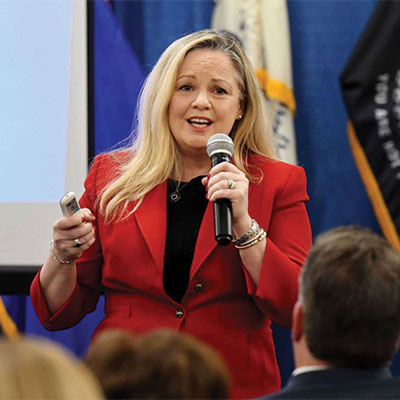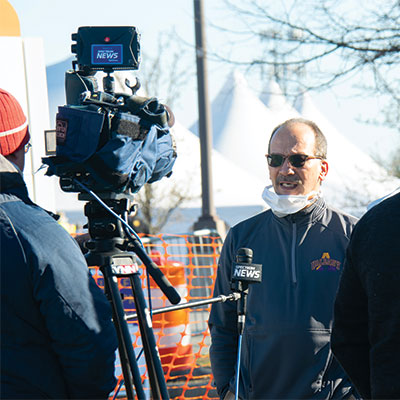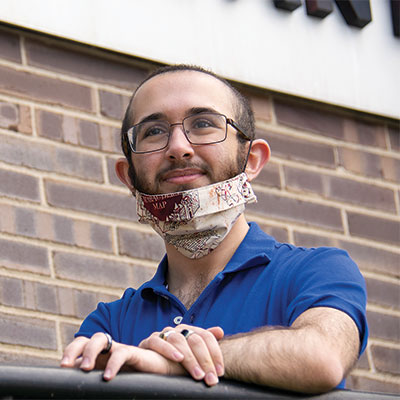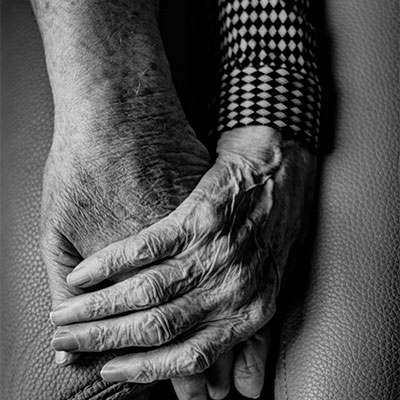the Collaborator
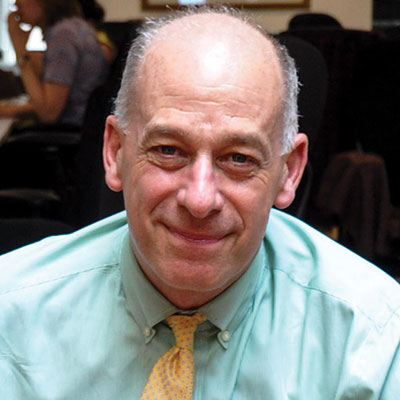
Co-founder and CEO, Global Health Strategies (GHS) B.A., Rhetoric and Communication; Minor: Political Science; J.D., Boston University School of Law
For David Gold, the coronavirus pandemic presents two challenges: to support groups working to develop a vaccine that will prevent future outbreaks of the disease, and to ensure that people all over the world have access to the vaccine and broader health care. Gold found his calling in health-care advocacy during the AIDS epidemic as a treatment activist for ACT UP, then while working for Gay Men’s Health Crisis and the International AIDS Vaccine Initiative.
Q: What surprised you most about the COVID-19 pandemic?
A: The utter failure of the U.S. to get ahead of it. This was a wake-up call: Shortages of testing, personal protective equipment (PPE), and ventilators hindered our response, but South Korea, Germany, and other nations had those supplies on hand.
Q: What are you doing to end the pandemic and lessen the chances that the coronavirus will recur?
A: We are working with a range of partners, including World Health Organization (WHO), the Bill & Melinda Gates Foundation, Johnson & Johnson, and Facebook, to accelerate the discovery of effective drugs, a vaccine, and diagnostics for COVID-19. GHS has 150 employees and offices in 12 countries, including the U.S., China, India, Brazil, Kenya, South Africa, and the United Kingdom, so we are well positioned to assist our partners in building collaborations with governments, non-profits, and international groups that will help to achieve these goals more quickly. I’m confident that technology and innovation will get us through this.
Q. What other issue or issues should be addressed?
A: The lack of health care for so many. Prior to the COVID-19 pandemic, 28 million U.S. citizens were uninsured. By early May, an additional 33 million had lost their jobs – and their health coverage – as a result of the outbreak. Government has the responsibility to help the most vulnerable. Preparing for such emergencies includes making basic health care and health systems available throughout the world. It’s critical that public policymakers and government work together to formulate and support good public-health policy; UAlbany’s School of Public Health is doing just that in many ways.
Viruses do not recognize walls or borders; if there’s a disease in one part of the world, there’s a possibility it will become a global problem. And if people don’t have health care, all of us are at risk.

